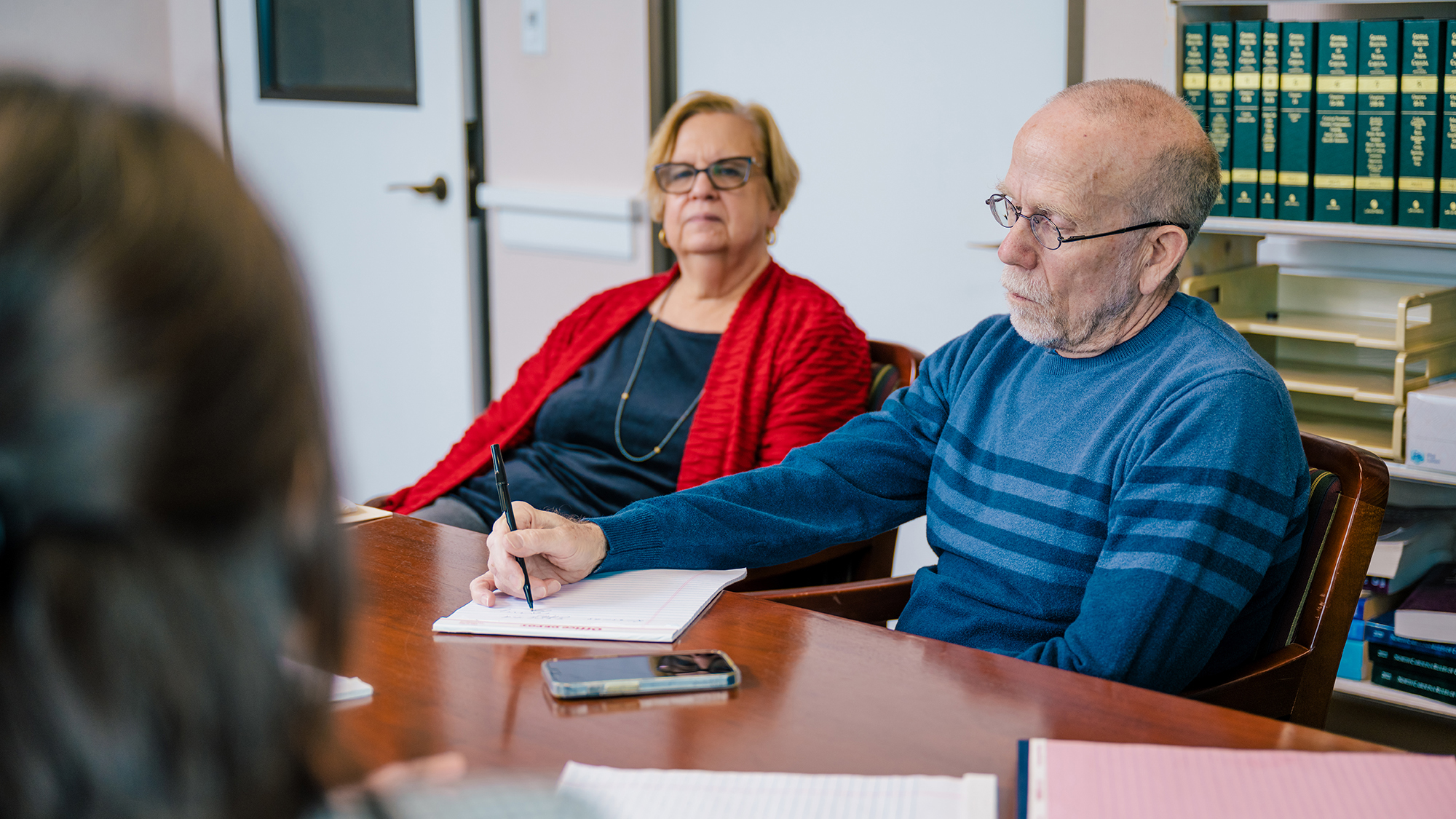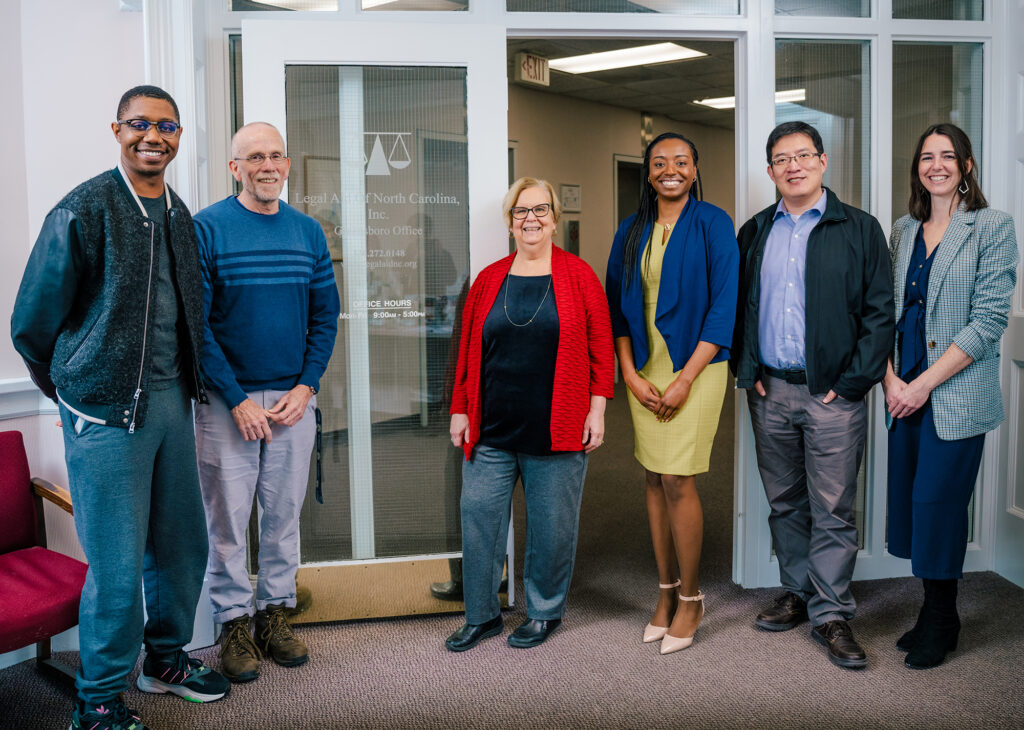Vast shortfall in civil legal aid for low-income residents in North and South Carolina, report UNCG researchers
The U.S. Constitution guarantees that if you are accused of a crime and cannot afford an attorney, one will be appointed for you. In the civil courts, however, if you can’t afford an attorney, you might be on your own.
On February 21, UNCG’s Center for Housing and Community Studies released an assessment of South Carolina’s civil legal needs and the extent to which the state’s providers meet them.
The study was a collaboration with the South Carolina Access to Justice Commission and follows a similar 2021 assessment UNCG developed for North Carolina.
Both studies found wide gaps between the needs of low-income residents for civil legal services and the availability of free and low-cost lawyers — typically legal aid program staff plus some private practice attorneys offering pro bono services.
In South Carolina, for example, just 67 lawyers in six legal aid firms serve more than 13,000 people each year. In over 70% of civil cases, neither party is represented by a lawyer.
“In 21 counties in South Carolina, there are fewer than 20 lawyers in private practice,” says Bruce Rich, director of the UNCG center. “Those counties include some of the state’s poorest, and those with the largest Black populations.”
The shortfall means that many people, often in desperate situations — facing eviction, seeking protection from an abusive spouse, or fighting for custody of their children — may not be able to find or afford a lawyer to help them. They’re either forced to navigate the courts themselves or simply don’t get the help they need.
In North Carolina, more than 2 million low-income residents qualify for assistance from legal aid lawyers, the researchers say, and 71% of low-income residents have at least one civil legal problem a year.
But again, those needs far outstrip available help. The 2021 UNCG CHCS study found one legal aid attorney for every 8,000 NC residents, compared to one private attorney for every 367 residents.
“Each of those legal aid lawyers handles a caseload of hundreds, and many who need it never get help,” says Rich, who is a lawyer himself. “It’s overwhelming.”
North Carolina’s growth in the last two decades, the relatively low pay of legal aid lawyers, and cuts to state funding of legal services have all widened the gap. Distrust of the legal system and a lack of knowledge among people who need services also contribute to the problem.
The N.C. Equal Access to Justice Commission, part of the state’s judicial branch, and the N.C. Equal Justice Alliance, a nonprofit that represents legal aid providers, commissioned the center’s 383-page 2021 report. It took more than a year to carry out, and included focus groups, one-on-one interviews, and extensive data collection and analysis.
Jennifer M. Lechner, the commission’s executive director, says the study was intended help the court system, policy makers, and others go beyond anecdotes to understand the barriers to accessing the legal system.
“It helps us to target resources and identify emerging needs. And it helps us develop policy.”
In the two years since the North Carolina report went public, the assessment has fueled efforts to make civil courts more accessible, she says. Campbell University’s School of Law established a family law clinic. In Raleigh, the study helped persuade county commissioners to fund a new Wake County Legal Support Center.
Researchers from UNCG’s Center for Housing and Community Studies hope their new study will add to the impact.
In study surveys, they found 92% of South Carolina lawyers thought the state should spend more money on legal aid services for low-income residents. A survey of clients and community members showed 73% were willing to pay more taxes to support such an initiative.
Story by Mark Tosczak
Photography by Sean Norona






